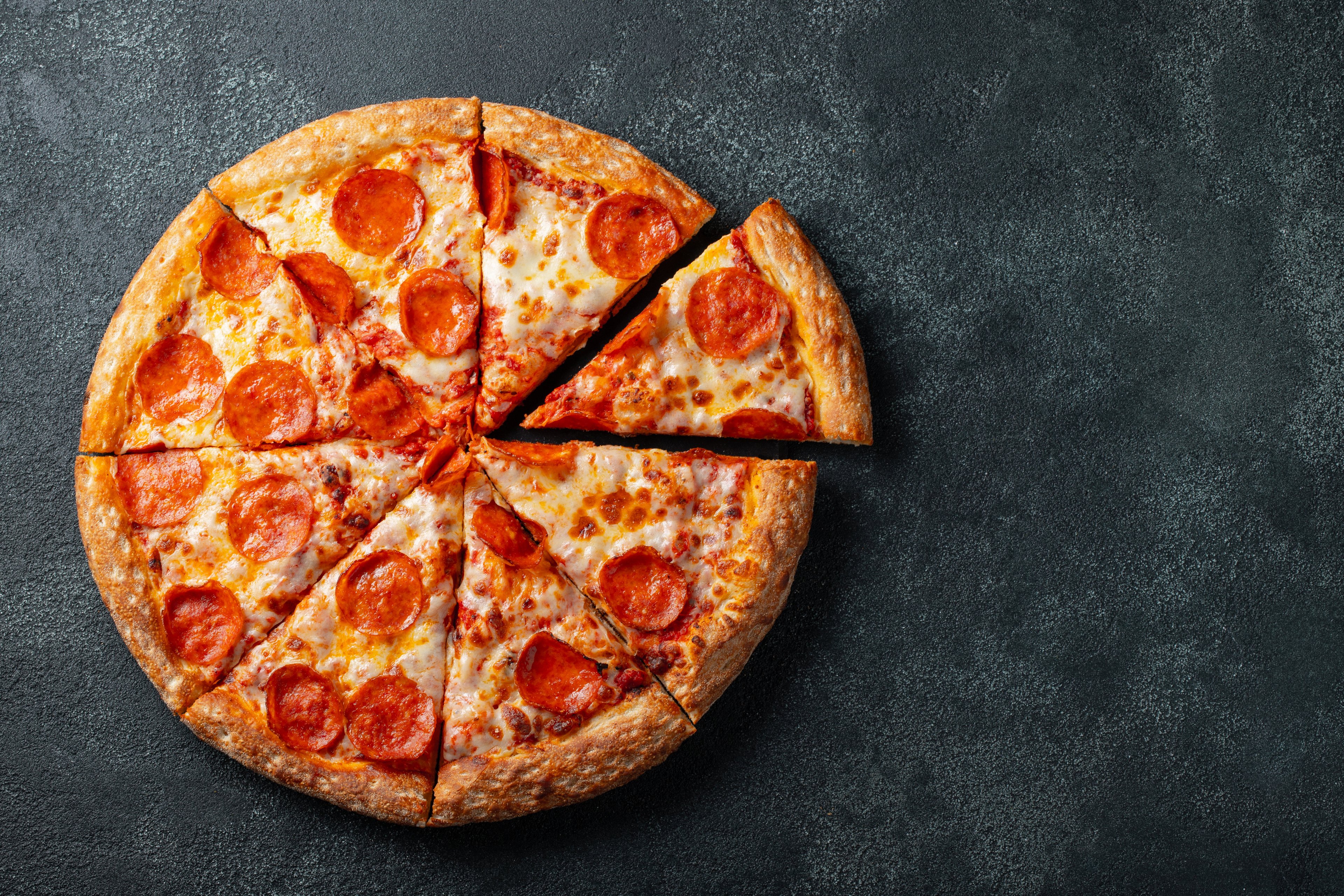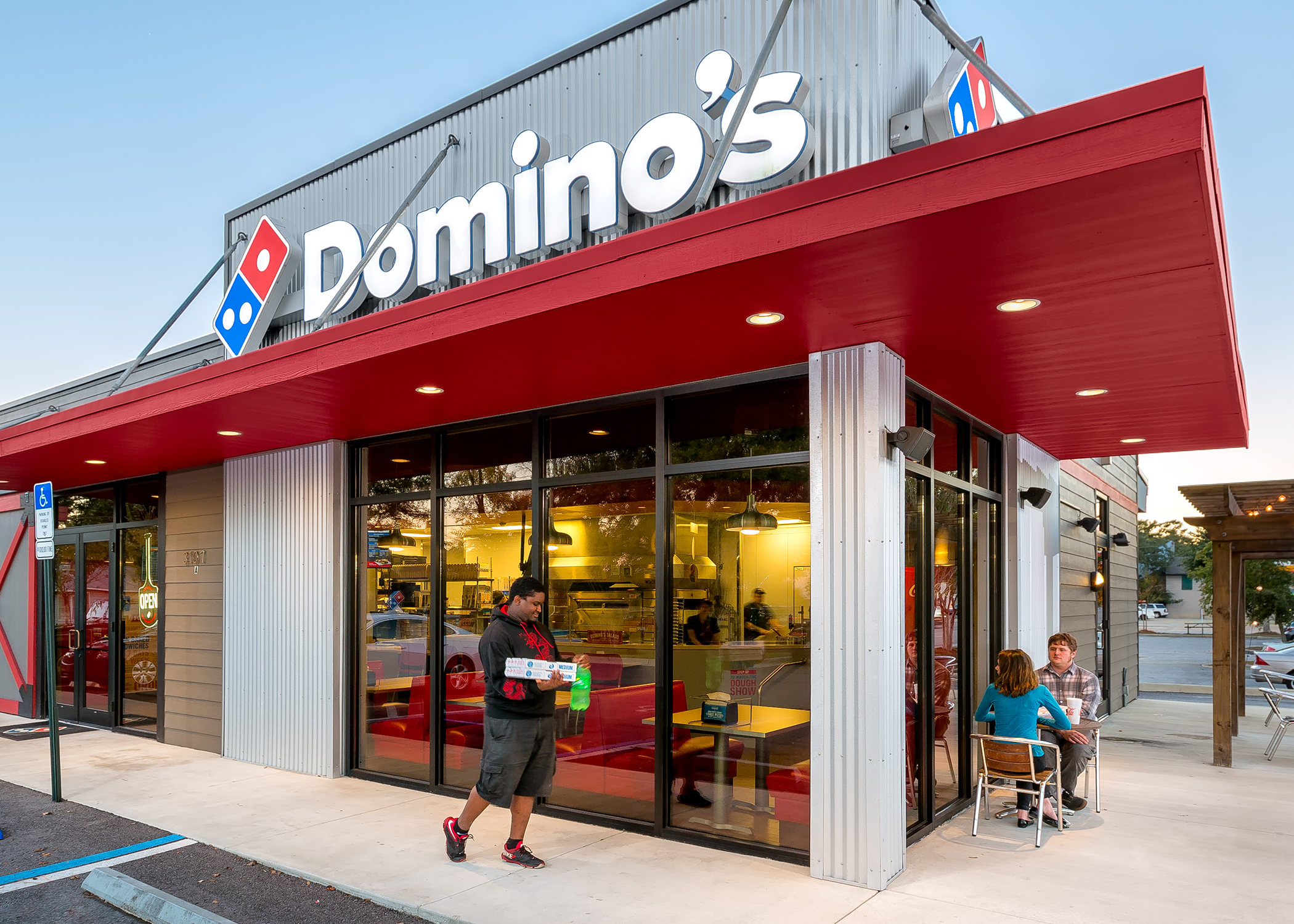Since the mid-1960s, Berkshire Hathaway's (BRK.A +0.28%)(BRK.B +0.14%) Warren Buffett has had a knack for outperforming for Wall Street. The aptly named Oracle of Omaha has overseen a cumulative return in his company's Class A shares (BRK.A) of 5,732,279%, as of the closing bell on July 17.
With a track record this impressive, it's not surprising that investors attempt to mirror his trading activity and ride his coattails to substantive long-term gains.
Tracking Buffett's trades is relatively easy, thanks to Form 13F filings with the Securities and Exchange Commission. A 13F is a required filing no later than 45 calendar days following the end to a quarter that allows investors to see which stocks Wall Street's smartest asset managers have been buying, selling, and holding.

Berkshire Hathaway CEO Warren Buffett. Image source: The Motley Fool.
Based on Berkshire Hathaway's quarterly 13Fs, we know Buffett has been doing far more selling than buying since October 2022. This selling has been highlighted by a significant pare down in Berkshire's top holding, tech goliath Apple (AAPL 0.93%). But at the same time, the Oracle of Omaha is finding pockets of intrigue, as evidenced by the consumer-facing stock he's loaded up on for three consecutive quarters.
Buffett bids adieu to more than 615 million shares of Apple
When the third quarter of 2023 came to an end, Warren Buffett oversaw 915,560,382 shares of Apple in his company's investment portfolio. But over the following 12 months, Berkshire's billionaire chief disposed of 615,560,382 shares, equating to a decline of 67%. Buffett still holds 300 million shares of Apple, and it remains his company's No. 1 holding by market value.
The million-dollar question is: "Why did Wall Street's most esteemed money manager send two-thirds of his stake in Apple to the chopping block?"
One possible answer has to do with corporate income tax rates. In May 2024, during Berkshire Hathaway's annual shareholder meeting and well before President Donald Trump's November victory, Buffett opined that the peak marginal corporate income tax rate was likely to climb in the future. Therefore, locking in sizable unrealized gains in Apple would, in hindsight, be viewed favorably by investors.
Since making this statement, Congress passed and President Trump signed the One, Big, Beautiful Bill into law, which makes the 21% peak marginal corporate income tax rate permanent.

NASDAQ: AAPL
Key Data Points
But there might be more to this selling activity than meets the eye.
For starters, Apple's growth engine has stalled over the last couple of years. Although revenue tied to subscription services has continued to climb at an impressive pace, and services are becoming a larger percentage of net sales, Apple's physical device sales (iPhone, Mac, iPad, and various wearables, including Apple Watch) have been stagnant or down.
In fiscal 2021 (ended Sept. 25, 2021), Apple reported $94.7 billion in net income and $5.67 in earnings per share (EPS). Three years later, Apple delivered $93.7 billion in net income and $6.11 in EPS. Apple's net income has declined, with its world-leading share repurchase program responsible for the entirety of its EPS growth.
The other concern for Warren Buffett might be Apple's valuation. One of the few unwritten rules that Berkshire's billionaire chief wont waver on is his desire to get a good deal. Unfortunately, Apple's forward price-to-earnings (P/E) ratio suggests it's anything but a good deal.
In spite of Apple's profit growth being stagnant, its stock is up 40% over the trailing-three-year period, and its forward P/E ratio is a fairly aggressive 27. Though Apple remains very profitable and management supports aggressive share buybacks, the value proposition with Apple stock simply isn't there.

Image source: Getty Images.
The Oracle of Omaha has purchased shares of this consumer giant for three consecutive quarters
Though Warren Buffett has, collectively, sold $174.4 billion more in stocks than he's purchased between Oct. 1, 2022 and March 31, 2025, he's found a couple of special businesses worth piling into. One of those premier companies is restaurant chain Domino's Pizza (DPZ 2.15%), which has soared more than 7,400% since its July 2004 initial public offering (IPO), including dividends.
At the midpoint of 2024, Berkshire Hathaway didn't own a single share of Domino's Pizza. Since then, the Oracle of Omaha has overseen the purchase of:
- Q3 2024: 1,277,256 shares
- Q4 2024: 1,104,744 shares
- Q1 2025: 238,613 shares (2,620,613 total shares held)
Buffett doesn't enter billion-dollar stakes by accident. His fascination with Domino's Pizza likely has to do with its ability to meet or exceed growth initiatives over an extended period.
The newest five-year plan laid out by Domino's management, known as "Hungry for MORE," prioritizes innovation through the use of artificial intelligence and supply chain improvements. There's also added focus on the company's franchisees and the responsibility they hold in building up the value of the brand.

NASDAQ: DPZ
Key Data Points
For instance, 2024 marked the 31st consecutive year of same-store sales growth for Domino's international locations. Organic sales wouldn't grow overseas with such consistency if the company's brand messaging wasn't hitting home with consumers.
Something else Buffett probably appreciates is the trust Domino's Pizza has built up with its consumer base. In the late 2000s, Domino's kicked off a mea culpa campaign where it admitted its pizza was subpar and vowed to do better. Though this type of advertising campaign doesn't always work, the transparency Domino's has demonstrated over the last 15-plus years has resonated with its customers and kept many loyal to the brand.
Furthermore, Domino's Pizza has increased its base annual dividend for more than a decade and occasionally repurchases its own stock. Berkshire's billionaire investor tends to be a huge fan of businesses that reward/incent their long-term shareholders.
The only knock against Domino's Pizza is that its stock isn't cheap at 24 times forward-year earnings. However, Buffett has a keen eye for consumer behaviors and must like what he sees from Domino's Hungry for MORE strategic growth plan.







